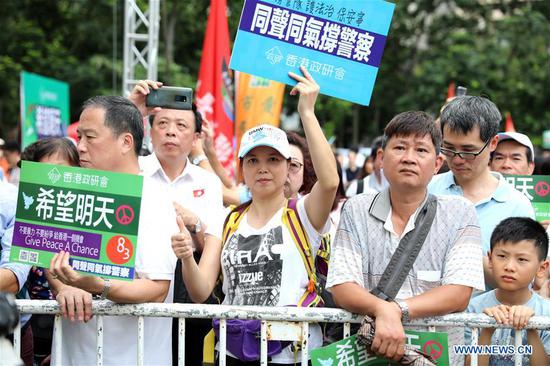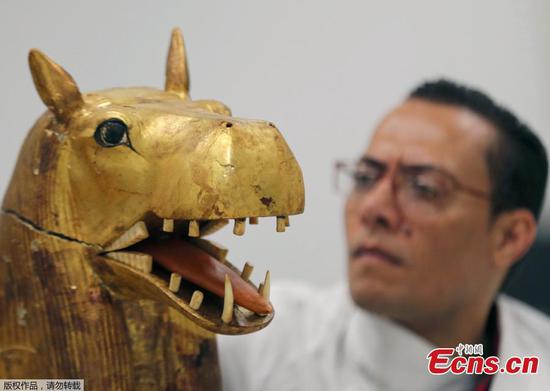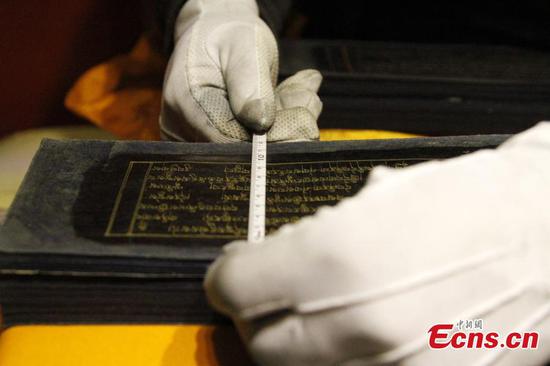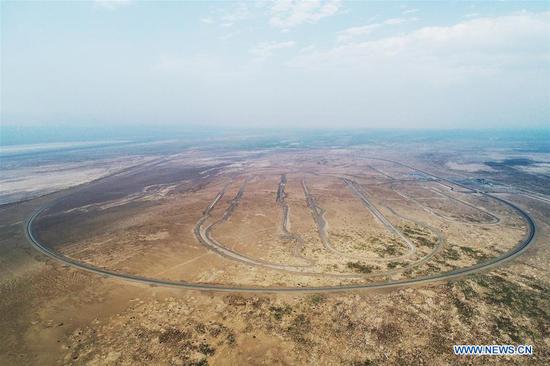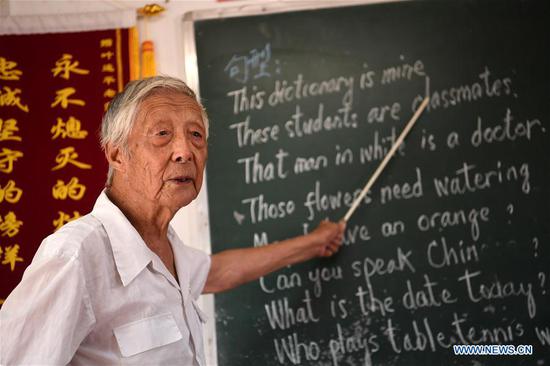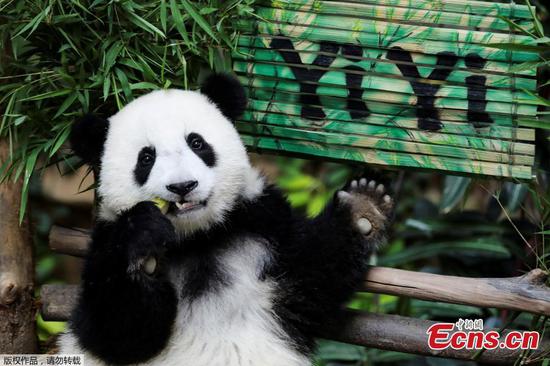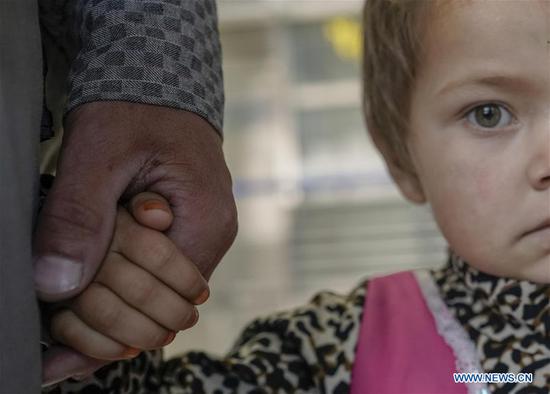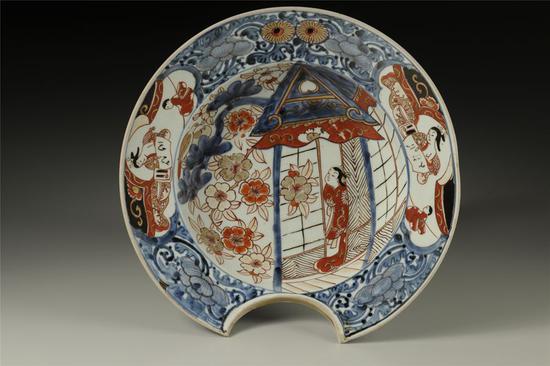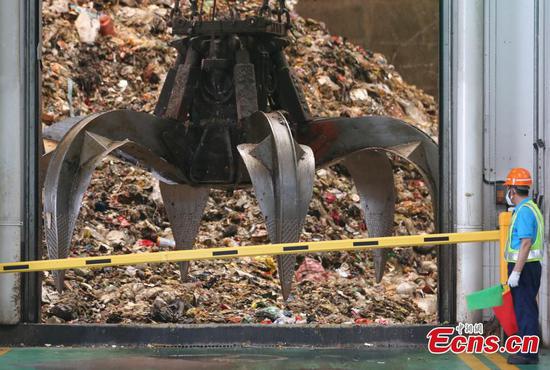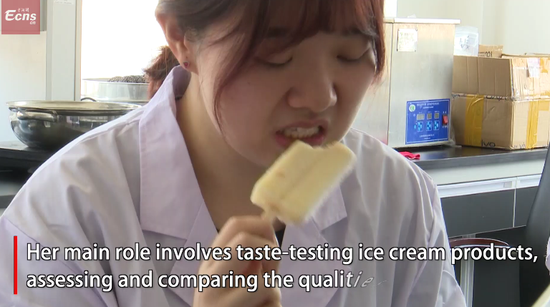Renminbi's exchange rate will remain at a reasonably stable equilibrium, said the central bank on Monday morning, after the currency fell past 7 against the US dollar, the first time since May 2008.
The onshore exchange rate of renminbi, which trades 2 percent on either side of a daily central parity rate, weakened by 1.3 percent to 7.0297 per dollar at the open of the market on Monday, the first time it crossed the 7 line after the global financial crisis.
The People's Bank of China released a statement on its website on Monday. It said the drop of renminbi value against the US dollar was "influenced by the unilateralism and the protectionist measures", as well as the expectation of more US tariffs on Chinese goods.
The drop reflects the market's demand-supply relationship and the fluctuation of international exchange rate market, according to the statement. But the renminbi has continued to be stable and strong against a basket of currencies, it said.
The PBOC said the exchange rate fluctuation is normal. In the long term, the renminbi's value will depend on China's economic fundamentals. While in the short run, the market demand and supply, and the US dollar's value will have a great bearing on the renminbi.
"The PBOC has experience, confidence and capacity to maintain renminbi exchange rate at a reasonably stable equilibrium," according to the statement.
The central bank will continue to innovate and enrich its toolkit of exchange rate management and take necessary and targeted measures to crack down on illegal short-term speculative activities in the foreign exchange market to stabilize market expectations, it said.


















